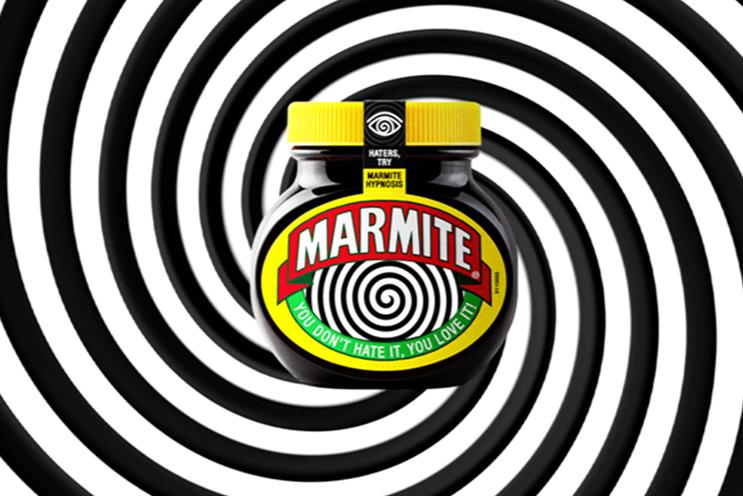Marketers, myself included, love a shiny new toy.
Our natural inclination is for change. We take on a new role and what’s the first thing we do? We review and question our existing ideas and, more often than not, we choose flux over continuity. A bit of self-scrutiny is to be applauded, but only if in so doing we remain truly objective.
Unfortunately, this is more often the exception rather than the rule. There's a tendency in our industry to throw the baby out with the bath water. Why? Because of ego. An ambition to imprint an identity for ourselves as well as our brand. And I get it; we work in an industry where the prizes go to the creation of ideas rather than the nurturing of them.
I'll never forget my days on Marmite having my head, albeit briefly, turned to the idea of ditching the "love/hate" idea. The agency's advice was both considered and well-intended. They saw the polarisation of choice as a blocker to growth and as a century-old (and counting) brand, growth was tough to come by. Thankfully, I shunned their advice; I suspect I wouldn't be in the job I am now had I been the guy who killed one of the most lauded campaigns of the 20th and 21st century. Fast-forward to today and Marmite continues its love/hate narrative, most recently launching a campaign to hypnotise its biggest haters into lovers.
In How brands Grow, Byron Sharp points to the importance of communication consistency and the creation of memory structures – brand elements/assets that consumers can instantly recall and that trigger a positive set of associations – in defining the success of brands. While Sharp continues to divide opinion, there's almost universal agreement that over the long term it pays to stick.
We recently held the seventh "Magnum pleasure store". Since we created the concept in 2012, pleasure stores have popped up on virtually every continent and the appetite for a bespoke Magnum shows no sign of abating. In the world of experiential marketing, a campaign of this longevity is a real rarity and credit is due to Unilever for committing to building a genuine brand asset.
The beauty of sticking with the "Magnum pleasure store" is that we've been able to apply our minds to improving the experience from one year to the next. 2019 was our biggest and best yet for a host of reasons. First and foremost, we set out to deliver our most playful and boldest physical statement yet, starting with an iconic Regent Street address. Once inside, customers were met with a handful of dramatic installations, spectacular wall coverings, tactile surfaces and five Insta-cabins to discover and photograph.
Alongside gorgeous design, we partnered both Elle and Sink the Pink to deliver a series of events that widened our audience and ensured a constant flow of content. Last but not least, we offered an extended product range and experience that included a chef's table, delivery service, limited-edition flavours and lookbook-inspired creations.
Client patience withstanding, a concept will only thrive if it generates significant consumer interest. And the Magnum store has stood (and exceeded) the test of time due to a number of compelling reasons gleaned over the past seven years.
- It offers a unique product and service experience that is founded on a deep-rooted consumer desire for personalisation and is not reliant on scarcity or hype.
- It never stands still. While the core of the idea remains constant (a bespoke Magnum), the creative expression of the store changes from year to year.
- It operates as a dynamic content hub reacting and responding to what's current and reaching a wide audience.
- Institutional know-how has enabled us to deliver an improved experience year on year.
- The consumer gets it. It has become part of city summer and there’s a comfort and satisfaction in the familiar. Its longevity now generates its own buzz and customers come back year after year and, crucially, they tell their friends.
For those of us who live and work in the world of brand, there is no hard and fast set of rules for achieving success. However, what I have learned from helping to shape an activation that has become a celebrated annual event is that evolution is often better than revolution. And while familiar can indeed breed contempt, it can also engender warmth, loyalty and delight.
Rupert Pick is co-founder of Hot Pickle


